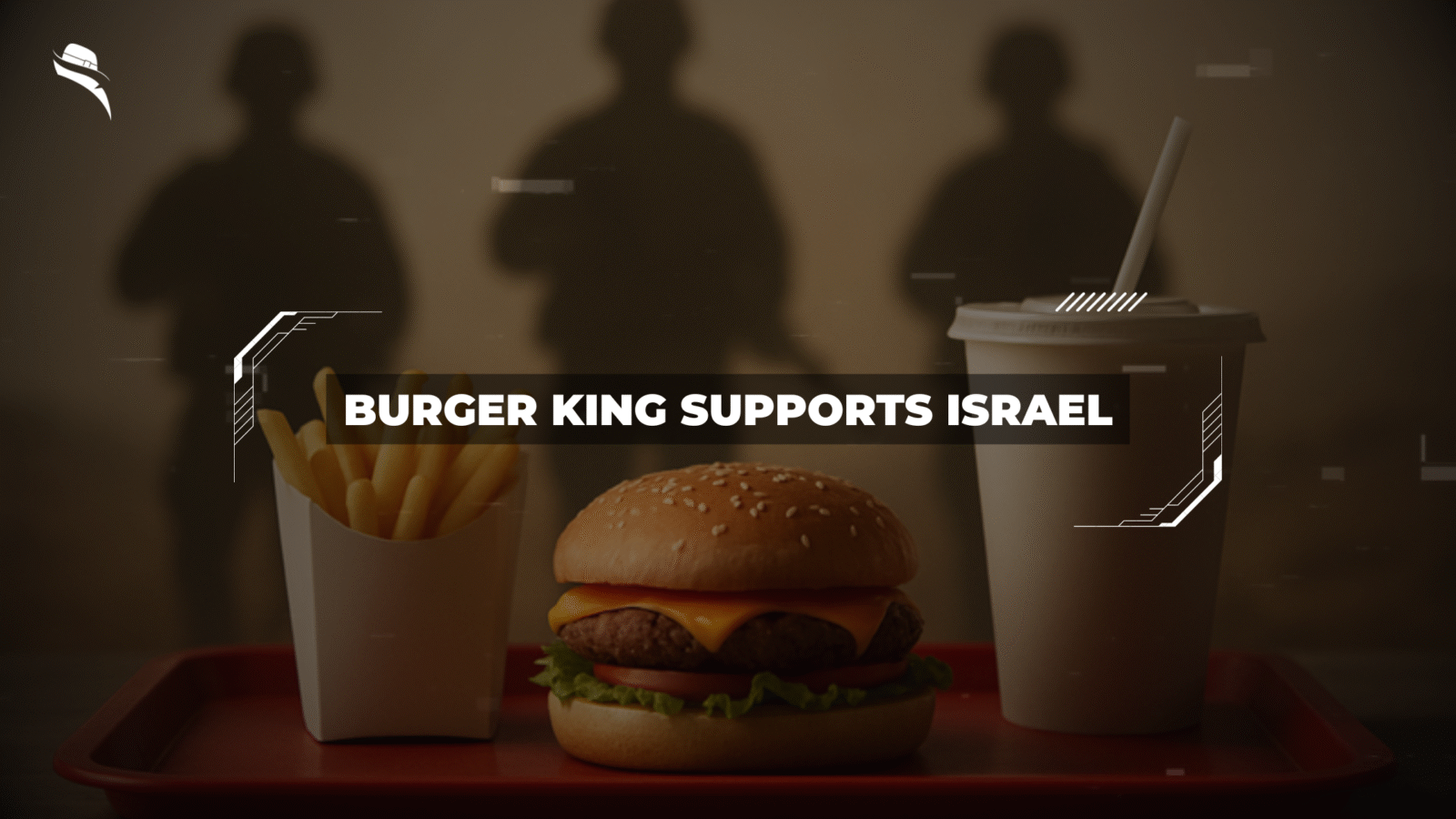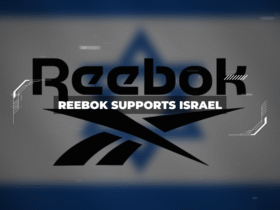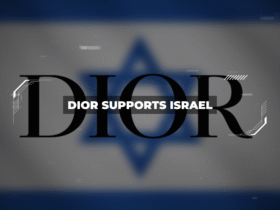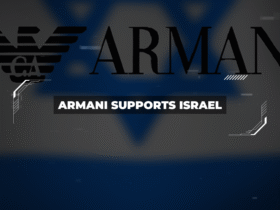Following a lawsuit settlement, Burger King has been ordered to distribute vouchers worth 480,000 shekels (approximately $128,000) to Israeli occupation soldiers and reservists. In fact, the chain will issue 8,727 vouchers, each valued at 55 shekels ($14.40), redeemable at any kosher branch for one year. Meanwhile, Palestinians in Gaza face severe shortages as food, fuel, and medicine remain blockaded.
The controversy highlights a growing trend of consumer activism in the wake of the Israel-Gaza war that escalated in 2023. Subsequently, the Boycott, Divestment, and Sanctions (BDS) movement denounced these actions, stating that they represent participation in the actions of the Israeli military. This article examines Burger King’s controversial support for Israel, the resulting boycott campaigns, and what consumers can do beyond simply avoiding the chain.
The Incident: Free Meals to Israeli Soldiers
“We’re pleased that Burger King took full responsibility, immediately removed the misleading signage and donated meals to IDF combat units — amounting to about a third of the chain’s revenue during the relevant period.” — Amit Ben-Aroya and Shira Blum-Wolff, Attorneys representing the plaintiff in the Burger King kosher lawsuit
The controversy began when Burger King Israel shared images on Instagram showing their teams donating free meals to Israeli Defense Forces (IDF) soldiers. The post came shortly after Hamas’ October 7 attack on Israel, which sparked the ongoing conflict in Gaza.
Instagram post by Burger King Israel
In October 2023, Burger King Israel posted photos on their Instagram page showcasing Israeli soldiers receiving complimentary meals. The caption, translated from Hebrew, read: “We went out to strengthen the nation Israel. Our teams are working diligently to continue donating thousands of meals to our heroes. Burger King sends condolences to the families of the victims”. The images depicted Burger King packaging being prepared for soldiers in combat zones. According to some reports, this initiative involved thousands of meals being donated to military personnel.
Public statement and justification
While Burger King Israel portrayed their actions as supporting national heroes, the backlash was swift. Unlike McDonald’s Corporation, which quickly distanced itself from similar actions by its Israeli franchisee, Burger King’s parent company did not immediately issue a statement separating itself from the franchise’s decision. The Israeli branch appeared to frame their donation as a patriotic gesture of solidarity with troops, rather than a political statement. Nevertheless, the move was widely interpreted as taking a political stance in the conflict.
Timing during the Gaza conflict
The timing of Burger King Israel’s donation was particularly controversial, occurring during escalating tensions. After Hamas’ attack on October 7, Israel launched what many observers called the heaviest-ever airstrikes on Gaza. Rear Admiral Daniel Hagari, a spokesperson for the Israeli military, stated that Israel was increasing airstrikes on Gaza to prepare for another phase of the war. The meal donations coincided with this military buildup. Critics pointed out the stark contrast between free meals for Israeli soldiers and the humanitarian crisis unfolding in Gaza, where Palestinians faced severe food shortages due to blockades.
Legal Fallout and Public Outrage
“There is no dispute that the sign at the mall presented the branch as kosher, establishing a personal claim for the plaintiff.” — Judge Rachel Arkobi, Judge, Israeli court overseeing the Burger King kosher lawsuit
Beyond the Instagram controversy, Burger King Israel faced significant legal challenges stemming from a 2022 lawsuit.
Kosher cheeseburger lawsuit background
The legal dispute originated when a religious customer filed a class-action lawsuit after being misled into consuming non-kosher food at Burger King’s Hod Hasharon location. The customer, drawn by a kosher certification sign outside the restaurant, ordered what he believed was a cheeseburger made with kosher-style cheese. After tasting it, he realized it contained real cheese – a violation of Jewish dietary laws that prohibit mixing meat and dairy. The branch had actually lost its kosher certification over a year earlier, but continued displaying the sign, which was only removed after legal proceedings began.
Settlement terms: vouchers to IDF soldiers
Consequently, the court ordered Burger King Israel to distribute meal vouchers worth 480,000 shekels (approximately USD 128,000) to IDF soldiers. The settlement specifically included 8,727 vouchers valued at 55 shekels (USD 14.70) each, redeemable at kosher locations for both religious and secular service members. Additionally, the plaintiff received 9,600 shekels (USD 2,560) plus legal fees.
Criticism of the court’s decision
The settlement sparked outrage among critics who questioned why vouchers were directed to military personnel instead of affected customers. Judge Rachel Arkobi, who approved the agreement, stated: “The settlement amount appropriately reflects the scope of the group and provides suitable deterrence in cases involving misleading kosher claims”. However, many viewed this as Burger King Israel essentially turning a food scandal into a public relations opportunity benefiting the military, further fueling the “Burger King Supports Israel” controversy.
Boycott Burger King: Global Campaigns and Hashtags
Following Burger King Israel’s controversial support for IDF soldiers, social media erupted with calls for a global boycott. The hashtag #BoycottBurgerKing quickly gained momentum, receiving over 40,000 interactions and potentially reaching 75 million viewers within a single month.
How the boycott started
The boycott campaign ignited when images of Burger King’s donations to Israeli soldiers went viral. Notably, a single post on X (formerly Twitter) reached 182,000 views and garnered numerous supportive comments. Posts showing meals allegedly provided to IDF soldiers sparked heated debates across social platforms. First emerging as organic protests, these soon coalesced into organized campaigns featuring hashtags like #BoycottBurgerKing and #FreePalestine.
Key players: BDS, activists, and influencers
The Palestinian Boycott, Divestment, and Sanctions (BDS) movement played a crucial role in amplifying the boycott. This organization, advocating for global pressure on Israel since 2005, explicitly included Burger King among targeted companies. Alongside BDS, several organizations joined forces: American Muslim Alliance, American Muslim Foundation, Council on American-Islamic Relations, plus other activist groups. Social media influencers similarly mobilized followers through hashtags like #SupportPalestine.
Countries where the boycott gained traction
The boycott gained significant momentum throughout Muslim-majority nations, especially Malaysia, Indonesia, and Pakistan. Likewise, protests emerged in diverse locations, including Utah and Sydney, Australia. Egypt witnessed particularly strong boycott participation after a separate controversy involving a Suez Canal advertisement.
Impact on Burger King’s brand image
Ultimately, the boycott campaigns affected Burger King’s public perception, shifting it from neutral or favorable to increasingly unfavorable. Consumer trust erosion plus deteriorating brand attributes created ongoing challenges. Moreover, boycotts historically have prompted corporate responses—as demonstrated when Burger King previously closed a controversial West Bank franchise amid similar pressure.
What Consumers Can Do: Beyond the Boycott
For consumers concerned about the Burger King supports Israel controversy, taking proactive action extends beyond simply avoiding fast food chains. Though boycotts send powerful messages, consumers can make a greater impact through additional measures.
Donate to Palestinian aid organizations
Immediate financial support provides tangible help to Palestinians affected by the conflict. Organizations accepting direct donations include UNRWA, which delivers food, provides healthcare, and offers educational services, and the Palestine Children’s Relief Fund (PCRF), focusing on medical care for children in Palestine. Furthermore, Islamic Relief works directly in Gaza, where their teams report over 62,000 Palestinians killed and 150,000 injured.
Raise awareness on social media
Sharing credible information amplifies Palestinian voices. Effective hashtags include #FreePalestine, #StandWithGaza, and #BoycottIsrael. Many social media users have already begun this work, with posts calling for boycotts reaching millions of viewers.
Support ethical food brands
Ethical consumerism offers alternatives to controversial chains. Consumers can support local family-owned establishments instead of multinational corporations. Sustainable options include No Evil Foods (plastic-negative plant meat), Follow Your Heart (achieving Zero Waste Certification), and Urban Remedy (partnering with local farmers).
Attend protests and sign petitions
Joining public demonstrations creates visible opposition. In the Netherlands, protesters gathered outside Burger King outlets with Palestinian flags and signs reading “Stop killing children” and “Don’t fund genocide”. Additionally, signing petitions on platforms like Change.org and Oxfam.org pushes for policy changes, alongside contacting local representatives about Palestinian rights.
This article is part of our in-depth series on companies linked to Israel. For the full breakdown, see our main report: Food Companies That Support Israel
Final Thoughts
The Burger King supports Israel controversy showcases a fundamental challenge in global business: the distinction between corporate policies and local franchise actions. Although parent companies might distance themselves from individual franchisees’ decisions, consumers increasingly view brands as singular entities.
Beyond immediate financial impacts, boycotts targeting companies perceived to support Israel have demonstrated unusual staying power. Whereas most boycotts typically fade after 90 days, Gaza-related campaigns have maintained momentum throughout 2023-2024. This persistence occurs primarily because “the intensity of the outrage that many in the world feel about this is quite severe, and it doesn’t seem to have dissipated at all, partly because the travesty continues,” explains Brayden King, an expert at Northwestern University.
Consequently, affected companies face long-term reputational challenges. As boycotts continue, consumers develop new purchasing habits that may persist even after conflicts end. The financial impact remains difficult to quantify precisely, although some companies like Americana Restaurants (which operates KFC, Pizza Hut, and other chains in the Middle East) reported sales declining by 29.3% in November 2023.
Ultimately, consumers’ decisions regarding boycotts reflect personal values and ethics. The effectiveness of such actions remains debated, yet they offer individuals a sense of agency amid complex global conflicts.
FAQs
1. Why is Burger King accused of supporting Israel?
Burger King Israel donated free meals to Israeli Defense Forces (IDF) soldiers after the October 7 Hamas attack and later distributed meal vouchers worth 480,000 shekels to military personnel as part of a lawsuit settlement. These actions led to accusations of Burger King supporting Israel’s military operations.
2. Did Burger King corporate headquarters approve these actions?
The donations were carried out by Burger King Israel, a local franchise. The parent company, Restaurant Brands International, did not issue an immediate statement distancing itself, which fueled criticism that Burger King corporate was complicit.
3. What was the kosher cheeseburger lawsuit that led to vouchers for IDF soldiers?
The lawsuit began after a customer was misled by a Burger King branch advertising kosher certification while selling non-kosher food. As part of the settlement, the court ordered Burger King Israel to distribute meal vouchers to IDF soldiers instead of directly compensating misled customers.
4. Why did the voucher settlement spark outrage?
Critics argued the court’s decision essentially turned a kosher food scandal into a public relations opportunity for Burger King, with compensation redirected to Israeli soldiers instead of affected customers, intensifying the controversy.
5. How did the public react to Burger King’s support for IDF soldiers?
Social media erupted with boycott calls, using hashtags like #BoycottBurgerKing and #FreePalestine. Within a month, boycott content reached millions of users worldwide, particularly in Muslim-majority countries such as Malaysia, Indonesia, and Pakistan.
6. What role did the BDS movement play in the Burger King boycott?
The Palestinian Boycott, Divestment, and Sanctions (BDS) movement officially targeted Burger King in its campaigns, describing the company’s actions as direct support for Israel’s military. This endorsement gave the boycott global momentum.
7. Has Burger King faced boycotts before?
Yes. In the early 2000s, Burger King faced pressure to close a West Bank franchise accused of operating in occupied territory. The current boycott reflects a continuation of consumer activism targeting Burger King’s ties to Israel.
8. What impact has the boycott had on Burger King’s brand image?
The boycott has eroded consumer trust and shifted Burger King’s brand perception from neutral to unfavorable in many regions. Protests, online campaigns, and declining sales in some markets have created long-term reputational challenges.
9. How does Burger King’s case compare with other fast-food chains?
Other chains like McDonald’s, Domino’s, and Pizza Hut also faced backlash when Israeli franchises donated meals to soldiers. However, McDonald’s corporate office distanced itself publicly, while Burger King has not clarified its stance.
10. What can consumers do besides boycotting Burger King?
Consumers can support Palestinian aid organizations like UNRWA or PCRF, raise awareness on social media with hashtags like #StandWithGaza, support ethical food brands, or join protests and petitions advocating for Palestinian rights.






Leave a Reply